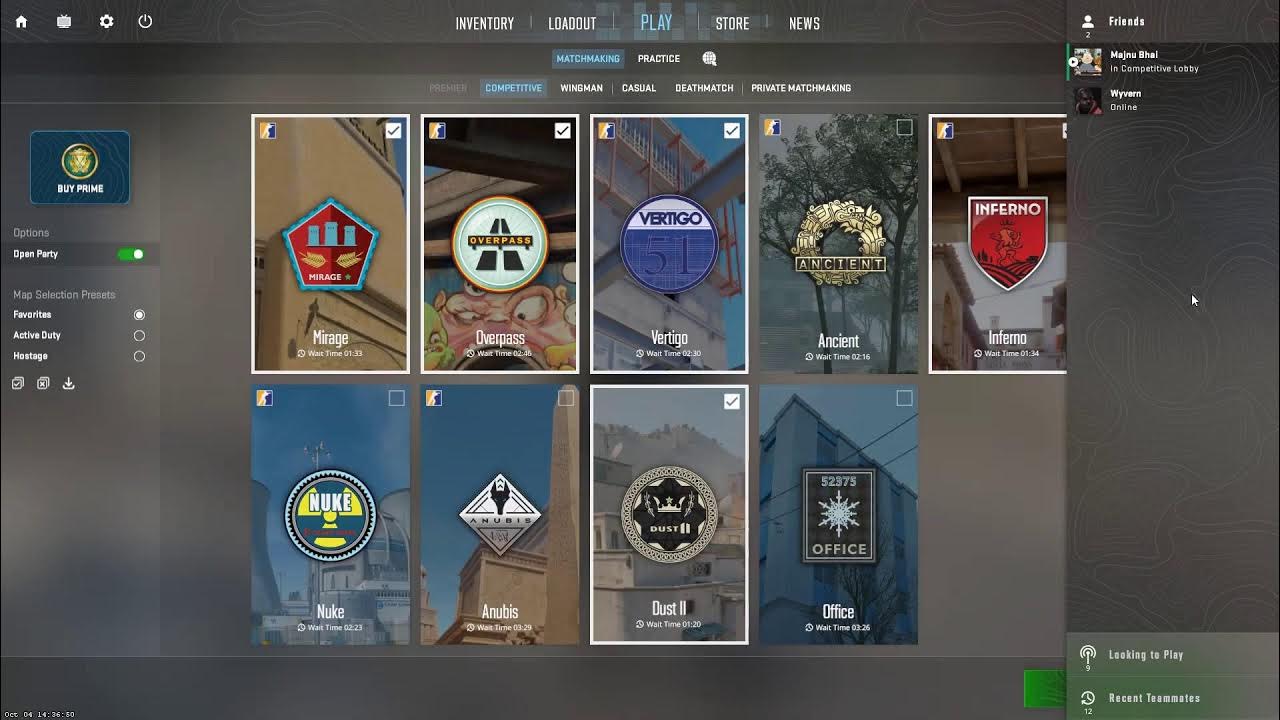In a stark reminder that fair play remains paramount, the Counter-Strike Circuit Tour (CCT) has delivered a decisive blow against competitive misconduct, banning three prominent CIS teams – Khan, Y5 Esports, and THE – from its tournaments. The move comes after a rigorous investigation uncovered widespread cheating, identity spoofing, and account sharing, sending a clear message across the esports landscape.
The Unraveling of Deception: A Timeline of Misconduct
The incident that triggered this sweeping action unfolded on September 29th during a CCT Season 3 Europe Series 8 match between team THE and 1WIN. Tournament administrators, equipped with sharp eyes and advanced tools, detected suspicious activity involving player 1drezz from team THE. This wasn`t merely a hunch; it initiated an official investigation that would quickly peel back layers of deception, exposing a pattern of severe competitive infractions.
Key Findings of the CCT Investigation:
- Identity Spoofing: The crucial camera feed, a standard requirement for verifying player identity in online tournaments, starkly contradicted the official registration. The individual displayed on camera was not the registered player 1drezz. This suggests a deliberate attempt to circumvent fair play through unauthorized stand-ins or, more concerningly, to mask the true identity of a player engaged in misconduct.
- Blatant Account Sharing: Further investigative efforts, bolstered by sophisticated hardware data from the cutting-edge Akros anti-cheat system, unequivocally confirmed that dune, a player officially associated with team Khan, was actively competing under 1drezz`s account. This isn`t a simple oversight; it represents a direct and egregious breach of competitive rules, fundamentally undermining the integrity of the match and the tournament itself.
- Widespread Cheating Uncovered: The diligent scrutiny of the Akros anti-cheat system didn`t stop at account sharing. Its comprehensive analysis identified and subsequently issued permanent bans to six additional players—Dosikk, tEO, d0RREN, singulier, R3LiFwOw, and 1Drezz himself—for using prohibited third-party software (cheats). The sheer number of implicated players paints a concerning picture of organized or systemic misconduct within these teams.
The Hammer Falls: Severe Consequences for Violators
CCT`s response has been both swift and uncompromising, reflecting the grave nature of the infractions and its unwavering commitment to upholding the competitive spirit of esports. The penalties are multi-tiered, designed not only to punish past transgressions but also to send an unequivocal message to the wider competitive community:
- Individual Cheating Bans: Players Dosikk, tEO, d0RREN, 1Drezz, singulier, and R3LiFwOw have each received a two-year ban from participating in all CCT tournaments. This term will automatically extend if their permanent Akros anti-cheat blocks remain active beyond the initial two-year period, emphasizing the permanence of their disqualification.
- Account Sharing Sanctions: Dune, the player confirmed to have operated another`s account, has also been handed a two-year ban from all CCT events, highlighting that account sharing is treated with the same seriousness as direct cheating, as both fundamentally distort competitive fairness.
- Team-Wide Repercussions: The ripple effect extends beyond the primary offenders. All other players associated with the implicated teams – THE, Khan, and Y5 Esports – will face a six-month ban from CCT competitions. This collective responsibility underscores the critical importance of team oversight, ethical conduct, and ensuring all members adhere to tournament regulations.
- Immediate Impact: These bans are effective immediately, resulting in technical losses for all scheduled matches involving any of these players or teams. Competitive integrity, it seems, waits for no one.
A Broader Problem: The Enduring Battle Against Cheating in Esports
This incident, while significant, is not an isolated occurrence but rather another chapter in the ongoing, often silent, struggle against cheating in competitive gaming. Just recently, another prominent tournament organizer, BLAST, made headlines by denying a Chinese team, DogEvil, participation in qualifiers for the BLAST.tv Austin Major 2025. The reason? One of their players had been previously banned for using cheats. Such repeated instances serve as a stark reminder: as prize pools swell and esports continues its march into mainstream recognition, the unfortunate temptation for illicit advantages also intensifies.
The very foundation of esports tournaments rests upon the trust that every participant is playing by the established rules. When that trust is shattered by acts of deception like cheating or account sharing, the entire ecosystem suffers. Organizations like CCT and BLAST are continuously investing in increasingly sophisticated anti-cheat technologies and robust investigation protocols. Their vigilance is not merely procedural; it is a vital defense mechanism safeguarding the competitive landscape and preserving the legitimacy of professional esports.
Looking Ahead: Upholding the Spirit of Competition
While disheartening, these incidents, and the firm, transparent responses they elicit, are absolutely crucial for the long-term health and credibility of esports. They unequivocally demonstrate that tournament organizers are not merely passive arenas for competition but active and zealous guardians of fair play. For aspiring professional players, the message is abundantly clear: any perceived shortcuts taken through cheating or deceit will ultimately lead to a dead end, often accompanied by severe, career-derailing consequences.
The commitment to competitive integrity is, and must remain, unwavering. As gaming technology evolves, so too will the methods of detection, ensuring that the thrill of victory is genuinely earned through skill, strategic prowess, and exemplary sportsmanship, rather than through digital deception. The CCT`s recent actions serve as a powerful and necessary affirmation of this enduring principle, ensuring that the game remains fair, challenging, and respectable for all who dare to compete at its highest levels.

